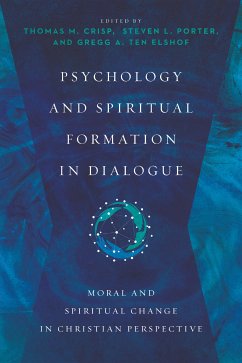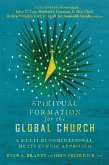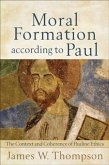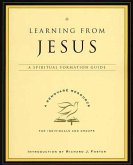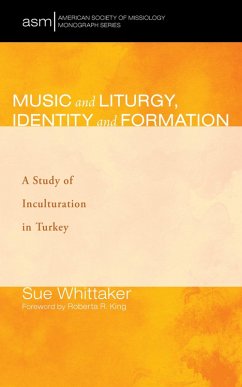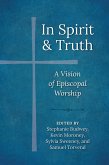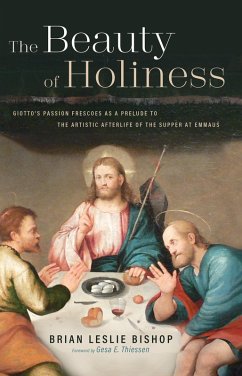Justin L. Barrett, School of Psychology, Fuller Theological SeminaryEarl D. Bland, Rosemead School of Psychology, Biola UniversityEllen T. Charry, Princeton SeminaryJohn H. Coe, Biola UniversityRobert A. Emmons, University of California, DavisStephen Evans, Baylor UniversityBruce Hindmarsh, Regent College, VancouverMarie T. Hoffman, New York UniversityJames M. Houston, Regent College, VancouverSteven J. Sandage, David R. Paine, and Jonathan Morgan, Boston UniversitySiang Yang Tan, School of Psychology, Fuller Theological SeminaryEverett L. Worthington, Jr., Brandon J. Griffin, and Caroline R. Lavelock, Virginia Commonwealth UniversityThomas M. Crisp, professor of philosophy, Biola UniversitySteve L. Porter, professor of theology, spiritual formation, and philosophy, Talbot School of Theology and Rosemead School of Psychology, Biola UniversityGregg Ten Elshof, professor of philosophy, Biola University
Dieser Download kann aus rechtlichen Gründen nur mit Rechnungsadresse in A, B, BG, CY, CZ, D, DK, EW, E, FIN, F, GR, HR, H, IRL, I, LT, L, LR, M, NL, PL, P, R, S, SLO, SK ausgeliefert werden.

